Joseph and Mary took him to Jerusalem to present him to the Lord, as it is written in the Lord’s Torah: “Every first-born male is sanctified to the Lord.” (Luke 2:22-23)
Luke 2:22-39 describes the “redemption” of Jesus in accordance with Exodus 13:2,13, which commands that every first-born male Israelite be redeemed because his service belongs to the Lord. Luke also adds that Mary went to Jerusalem to sacrifice the prescribed offerings after giving birth: “a pair of doves or two young pigeons” (Lev. 12:8).
pid·YŌN ha·BĒN
According to Jewish religious law, it is not necessary to go to Jerusalem in order to redeem a first-born son. The ceremony, פִּדְיוֹן הַבֵּן (pid·YŌN ha·BĒN, “redemption of the son”), can be held anywhere and the redemption money is included among those gifts or offerings which are given to priests any place in the land of Israel:
Twenty-four priestly gifts were given to Aaron and his sons… ten in the Temple, four in Jerusalem and ten anywhere in the land of Israel… [and among those received by the priests anywhere in the land was] the redemption of the first-born son.” (Tosefta, Hallah 2:7-9)
Paid Content
Premium Members and Friends of JP must be logged in to access this content: Login
If you do not have a paid subscription, please consider registering as a Premium Member starting at $10/month (paid monthly) or only $5/month (paid annually): Register
One Time Purchase Rather Than Membership
Rather than purchasing a membership subscription, you may purchase access to this single page for $1.99 USD. To purchase access we strongly encourage users to first register for a free account with JP (Register), which will make the process of accessing your purchase much simpler. Once you have registered you may login and purchase access to this page at this link:
If you enjoyed reading this post, check out these recent JP articles:
- Coordinating Ritual and Moral Purity in the New TestamentTaking another look at how John the Baptist, Jesus, and the Apostle Paul related to issues of ritual and moral purity.
- Two Kinds of Love in the Story of the Paralyzed ManTwo kinds of love operate in the story of the paralyzed man. One kind of love is inclusive and redemptive, the other is exclusive and destructive. Which kind of love will prove victorious?
- Character Profile: BeelzebulGet acquainted with this mysterious and sinister figure.
- What’s Wrong with Contagious Purity? Debunking the Myth that Jesus Never Became Ritually ImpureThe view that Jesus could not be affected by impurity and that Jesus was able to spread his purity to others is based on faulty assumptions and invalid inferences.
- The Seven Types of Pharisees and the Fear of God in the Synoptic GospelsAncient Jewish sources attest to a debate over which motivation for keeping the commandments—fear or love—was most highly to be esteemed. This debate surfaces, among other places, in the Talmudic discussions of the seven types of Pharisees. These seven types and the debate over love versus fear illuminate important aspects of Jesus’ teaching.
- The Sin Against the Spirit: Matt. 12:31-32; Mark 3:28-29; Luke 12:10Jesus’ saying about the sin against the Holy Spirit belongs to developing Jewish ideas regarding the gradation of sin and punishment. It also reflects his high self-awareness.

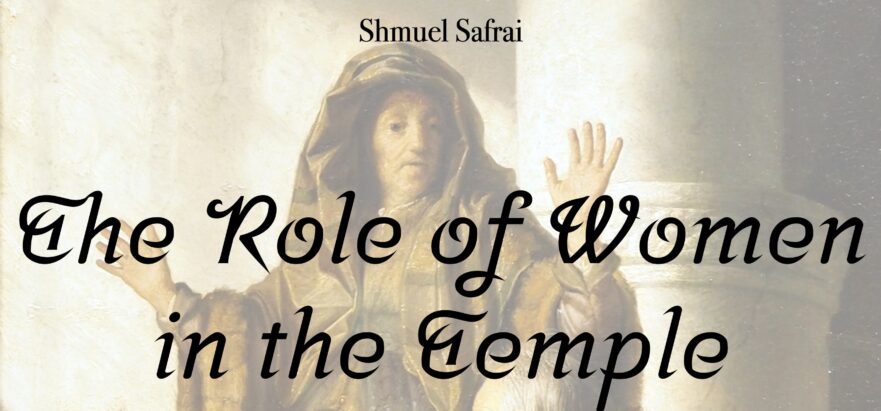

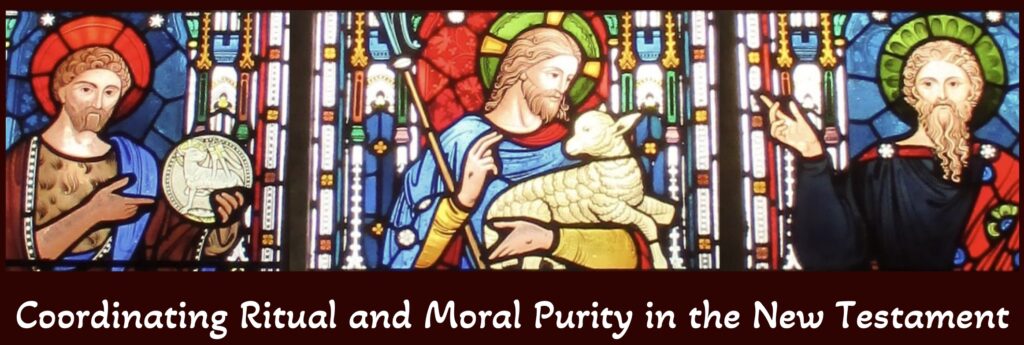
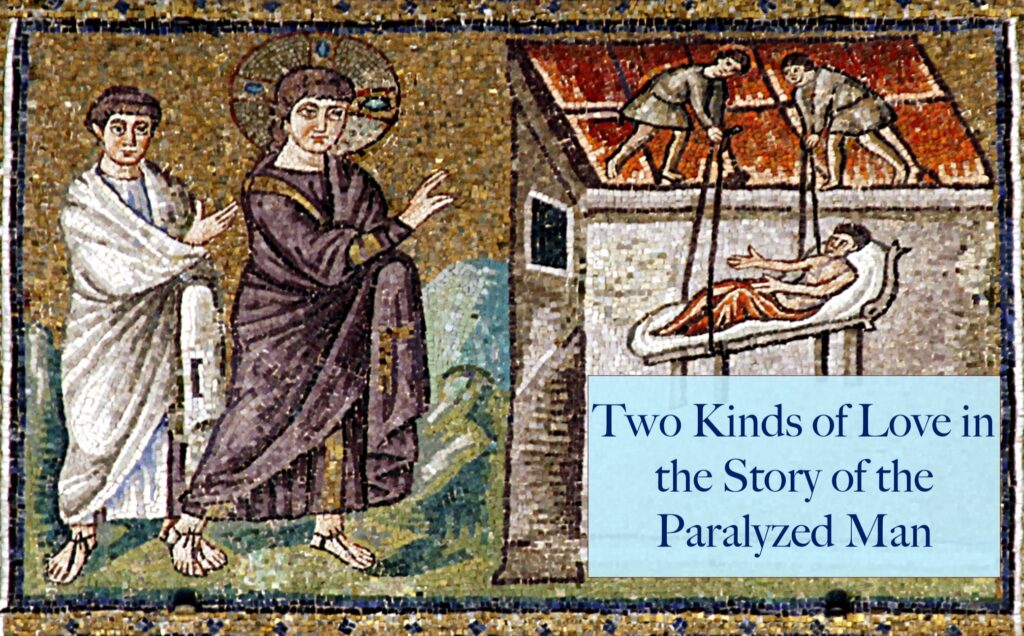


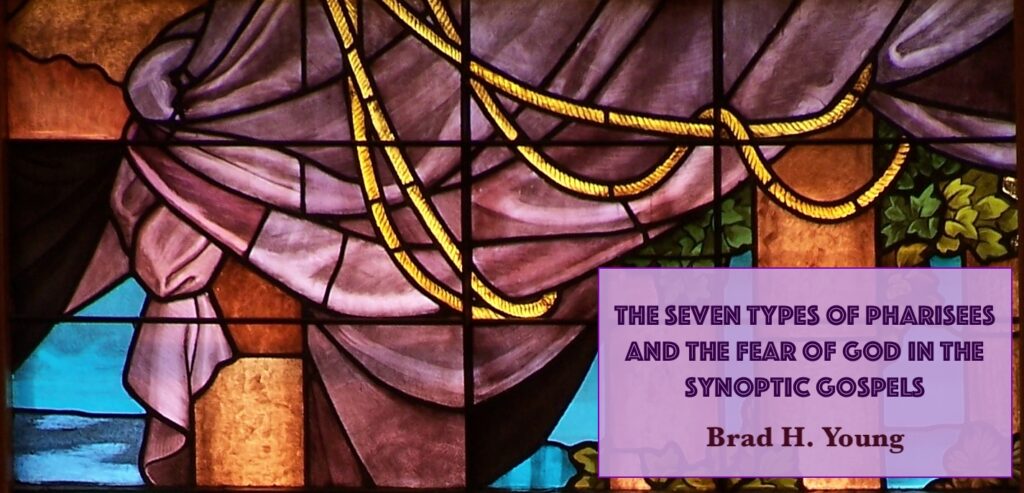

![Shmuel Safrai [1919-2003]](https://www.jerusalemperspective.com/wp-content/uploads/userphoto/20.jpg)





























































































Comments 4
Didn’t the first century Pharisees make additional laws that restricted women more in the Temple as well as other activities, where they were more free prior to that time?
No, we think you are mistaken. The first-century Pharisees were generally more open to women’s participation in the Temple, and even celebrated the participation of prominent women like Queen Helena of Adiabene. After the destruction of the Temple, as the power of the rabbinic sages became more firmly established, the rabbis began to adopt more restrictive attitudes towards women. But the attitudes of the later sages should not be projected back onto the first-century Pharisees.
For a helpful discussion of this issue, see Tal Ilan, “The Attraction of Aristocratic Women to Pharisaism During the Second Temple Period,” Harvard Theological Review 88.1 (1995): 1-33.
Shmuel Safrai’s JP article “Were Women Segregated in the Ancient Synagogue?” may also be of interest.
Jusqu’où pouvait aller le rôle des femmes dans le Temple et particulièrement en ce qui concerne l’enseignement de la Torah? Existait il des femmes qui enseignaient la loi?
We don’t know of any examples of women teachers of Torah in the Second Temple period. The apostle Paul was a product of his times when he did not permit women to speak (= teach ?) in congregational worship (1 Cor. 14:34-35).